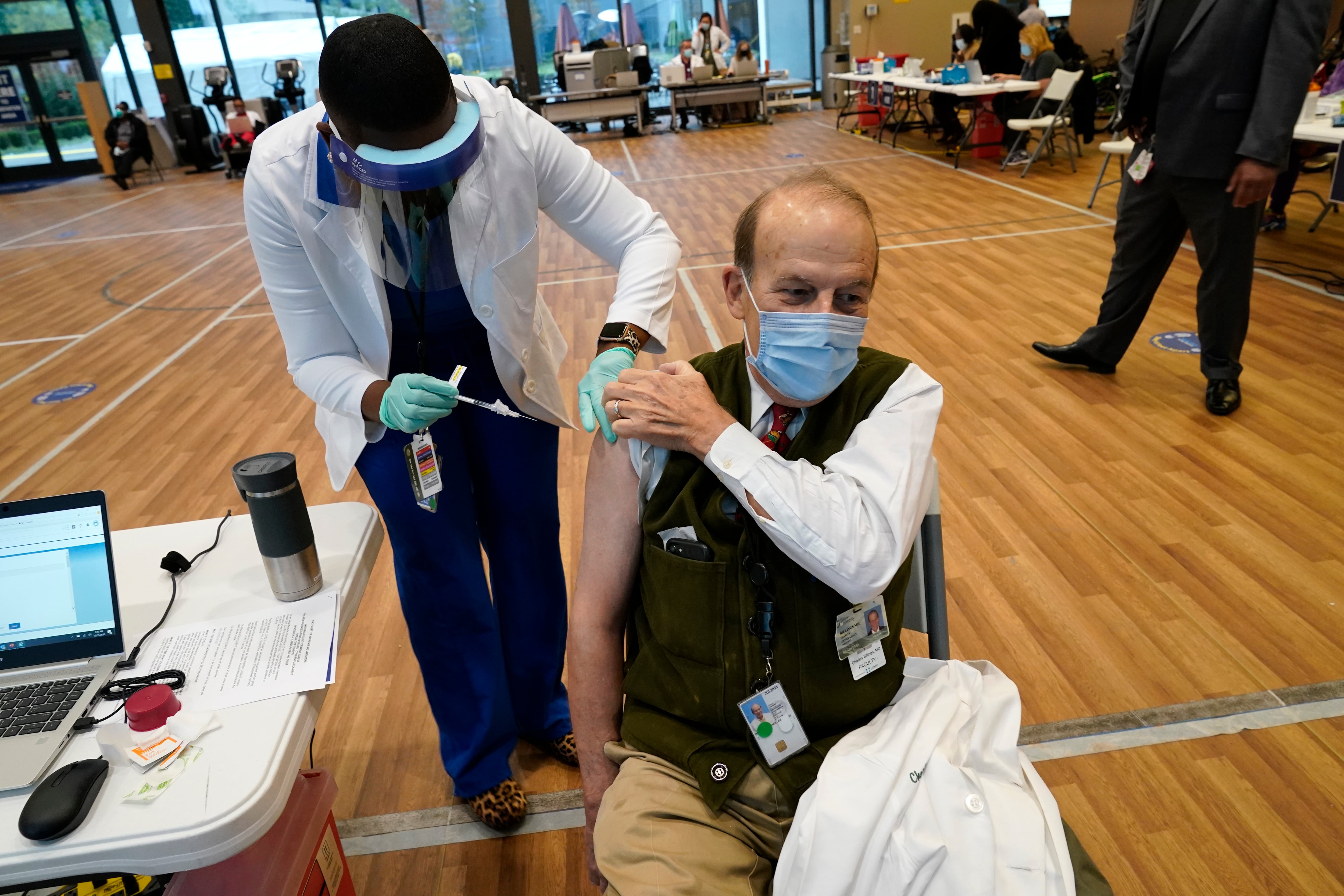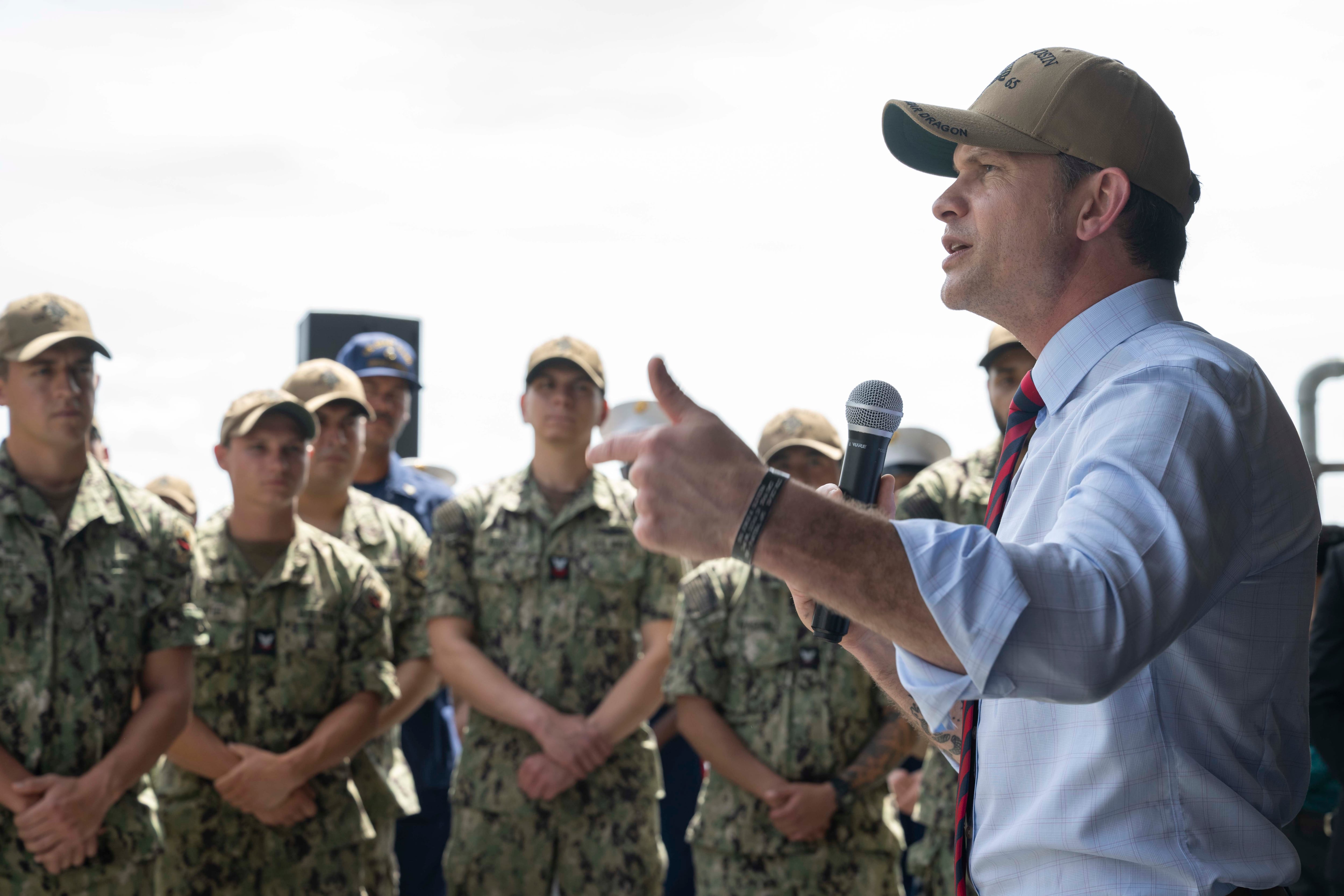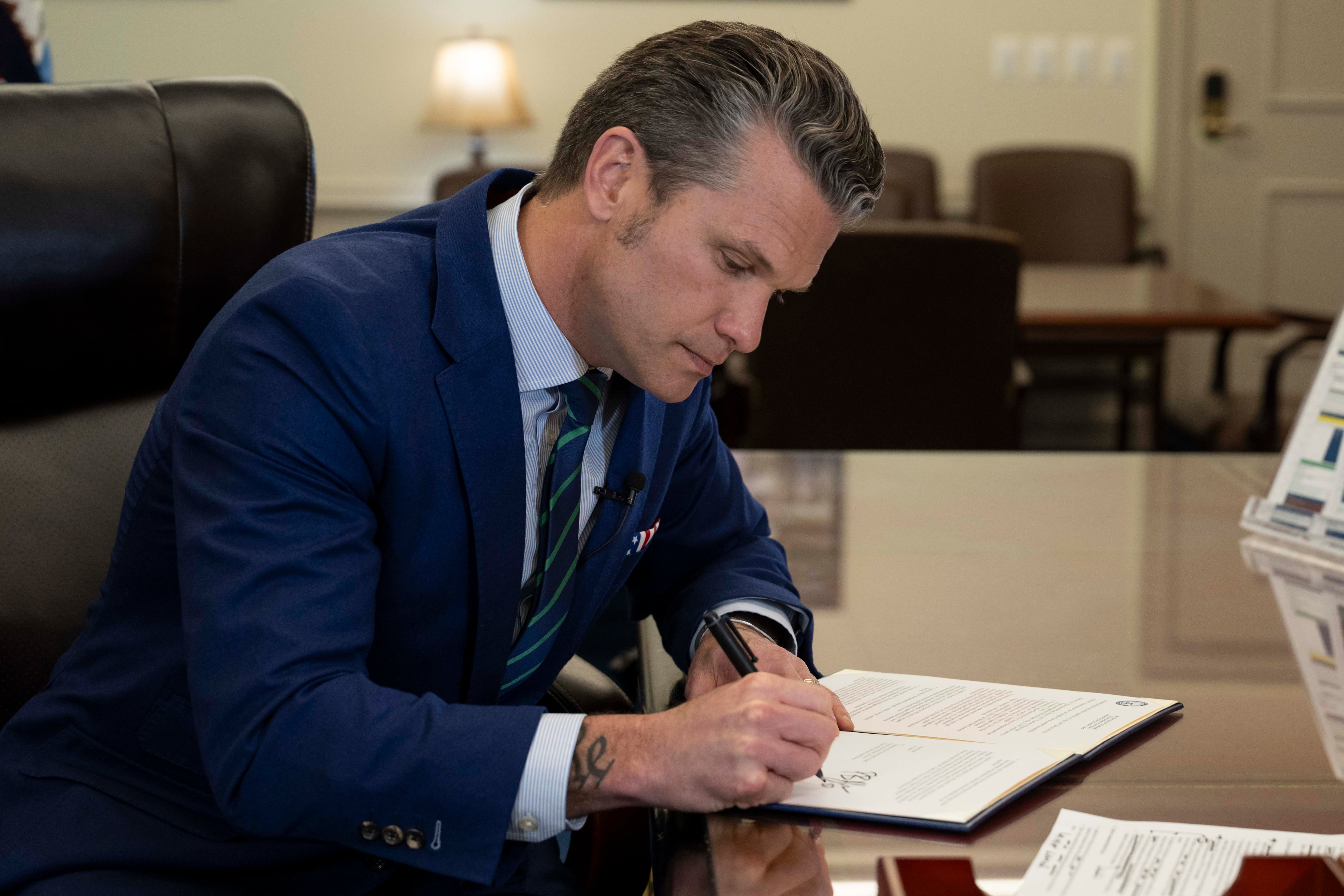Veterans Affairs officials said they are seeing some groups of veterans turn down opportunities to get the coronavirus vaccine, but it’s not necessarily the individuals they expected to have trouble convincing.
“In communities of color, we’re actually exceeding what we are in the white population of America,” said Dr. Richard Stone, acting head of the Veterans Health Administration, in testimony before the House Appropriations Committee on Friday. “I’m really pleased at how black and Hispanic veterans are accepting the vaccine.”
For months, health officials have warned that convincing minority groups across the country to get the two-shot coronavirus vaccine may pose a special challenge. A recent report by the Center for Infectious Disease Research and Policy at the University of Minnesota seeking to find out why Blacks have been less likely to take the vaccine found several factors have played a role in stoking lack of trust.
“Between mistrust, misinformation, and COVID management that has not always protected the most vulnerable (think inequitable test allocations and vaccination sites), how surprising is it that black communities have lower vaccine acceptance?” the study’s authors asked. A December Associated Press survey found that only 24 percent of black Americans and 34 percent of Hispanic Americans planned to get the vaccine, as opposed to 53 percent of white Americans.
But Stone said that thankfully VA has not seen that predicted problem. Instead, the most reluctant groups in their work so far appear to be rural veterans, who may already face significant challenges with health care access and vaccine availability.
RELATED
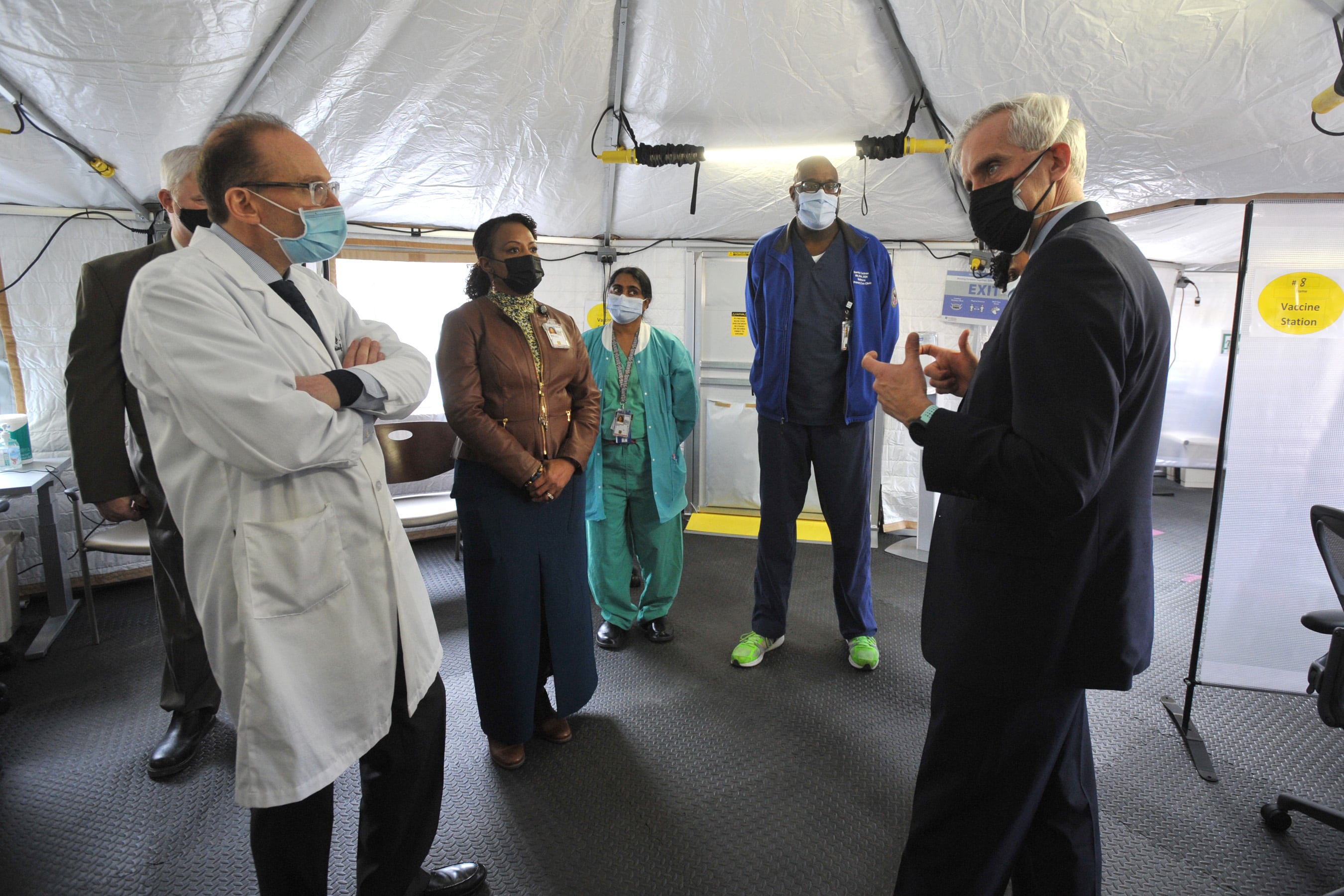
“In one area of New York alone, over 1,000 veterans over age 75 said ‘no thank you.’ And that surprised us,” he said.
Kameron Matthews, assistant under secretary for health at VA, said officials have begun pulling together focus groups on the reasons behind the vaccine hesitancy because “our rural populations across all age groups are showing differences that we definitely need to address.”
The department has already administered about 2 million vaccine doses since mid-December. In some locations, nearly all VA staff and high-risk veteran patients have already completed the two-dose regimen.
But Stone said getting the vaccines to veterans in rural areas remains a “Herculean effort,” especially considering that the initial versions of the vaccine require supercooled temperatures for storage.
“This has been a tough one,” he said. “”We are not doing as well with rural veterans and reaching them as we would like to.”
Members of Congress speculated that the issue with lower vaccine acceptance in rural areas may not have to do with mistrust, but instead with travel issues.
RELATED
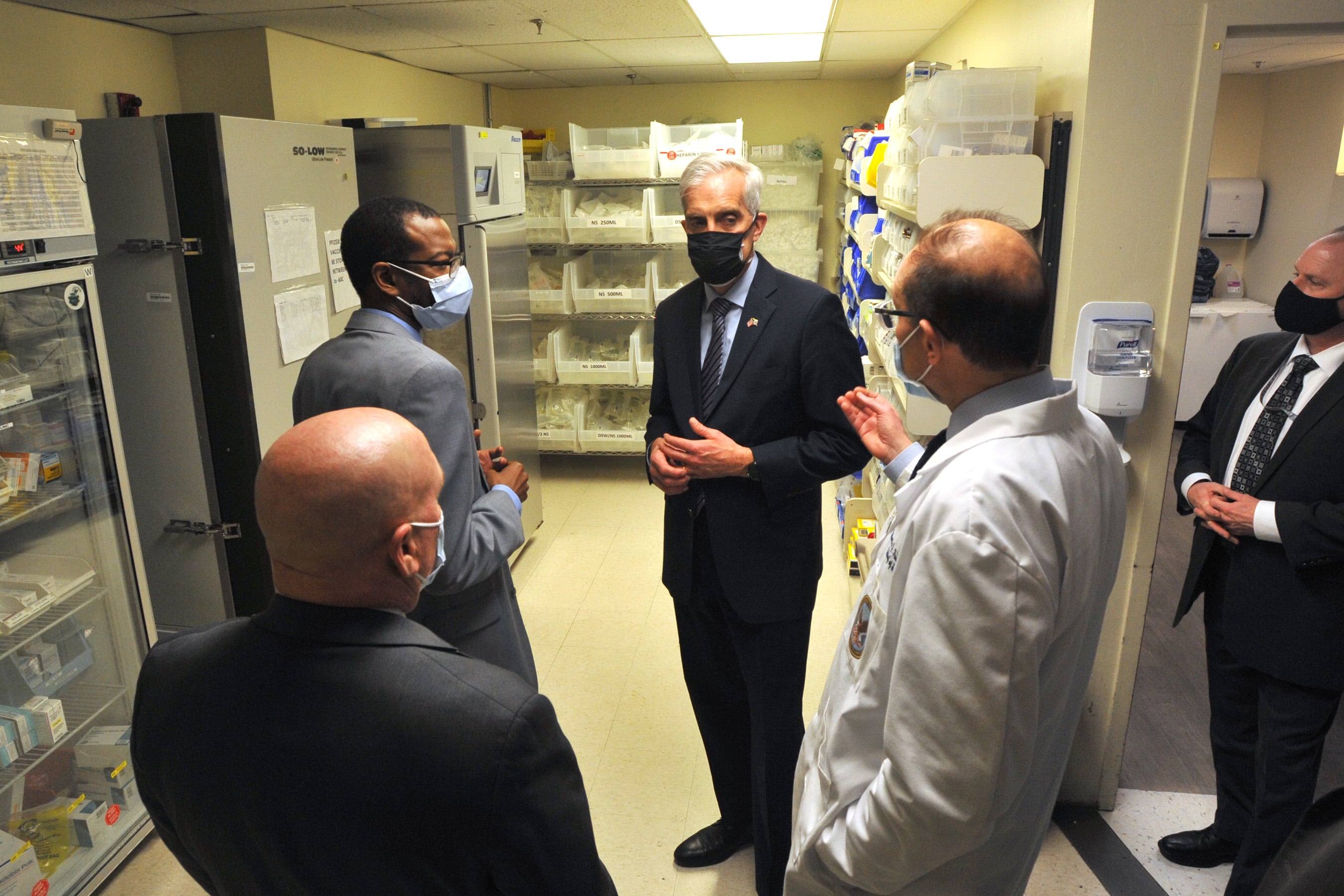
Even as mobile veterans centers have helped push VA’s totals to more than 300 distribution sites across the country, reaching a vaccine appointment can still be an hours-long drive for veterans, many of whom are elderly.
Stone promised further investigation and improvements in the weeks to come. The department expects to distribute vaccines to nearly 7 million individuals in coming months, covering nearly every veteran who is an active user of VA health care services.
However, lawmakers expressed concerns that other veterans who do not regularly use VA medical care but do not have access to the vaccines elsewhere may be left wanting. Stone said decisions on that will be left to vaccine availability.
“Our ability to reach this veteran population is entirely based on the supply,” he said. “Our desire to get the vaccine into as many veterans as we possibly can.”
More than 220,000 patients being tracked by VA have contracted coronavirus in the last 11 months, and more than 10,100 have died from virus-related complications.
Leo covers Congress, Veterans Affairs and the White House for Military Times. He has covered Washington, D.C. since 2004, focusing on military personnel and veterans policies. His work has earned numerous honors, including a 2009 Polk award, a 2010 National Headliner Award, the IAVA Leadership in Journalism award and the VFW News Media award.
